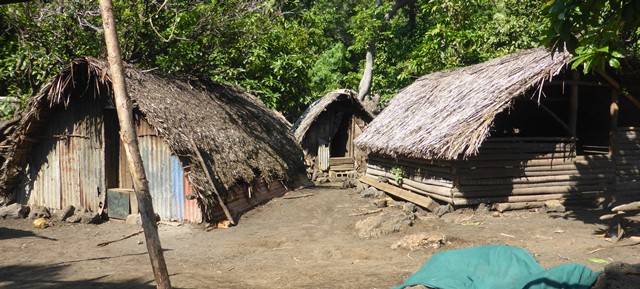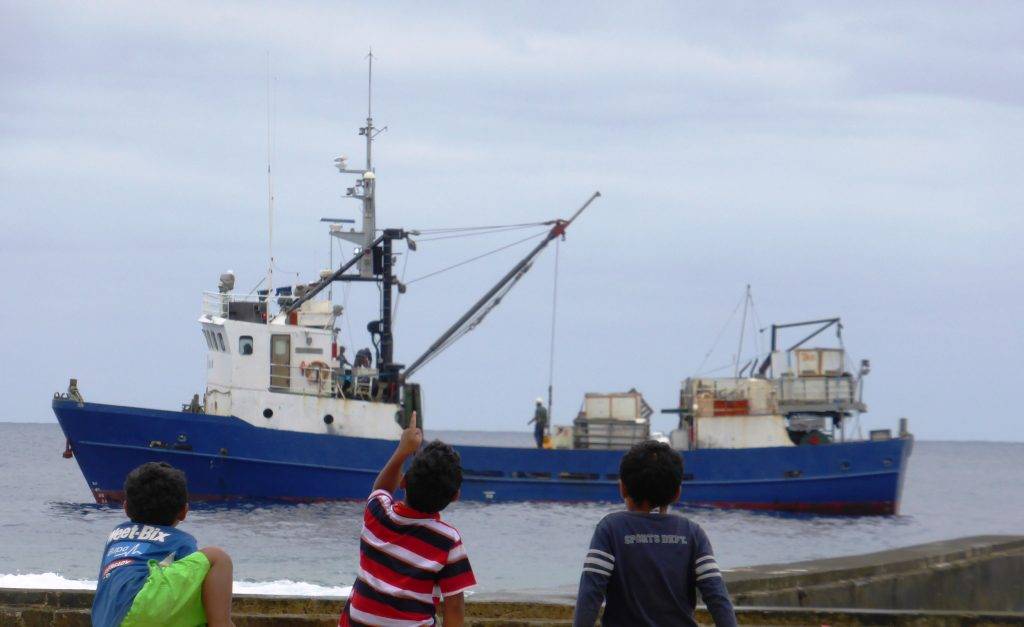The Cook Islands National Parliament Election results are now official:
Democratic Party (Demos): 11 seats
Cook Islands Party (CIP): 10 seats
Independents: 2 seats
One Cook Islands (OCI): 1 seat
Henry Puna remains Prime Minister as CIP formed coalition with independent candidates and OCI.
There is an ongoing debate in the Cook Islands about the electorates and how they represent population size and regional interests. The Cook Islands are divided into 24 electorates:
- Rarotonga: 10 electorates with an elector population of about 8,000
- Southern Cooks: 10 electorates with an elector population of about 2,000
- Northern Cooks: 4 electorates with an elector population of less than 500
With the current system, power is regionally distributed rather than relative to population size. Critiques from political activists and some politicians stress that MPs from outer islands wield too much power compared to the small populations they represent. The Prime Minister, for example, was elected with only 97 votes in a constituency (Manihiki) with a total elector population of 132. On the other hand, the current system more equally distributes power among the 15 Cook Islands and allows for outer island interests to be adequately represented at national level.
A possible reform bridging both arguments would be to introduce a bicameral system. However, the question is whether such a system, common to larger democratic states such as Switzerland, suits the Cook Islands as a comparatively small island state.
The call for such political reform in the Cook Islands is not new. It seems rather unlikely that change is introduced, since a change in electorates is likely to reduce power of the majority of MPs currently in office.

